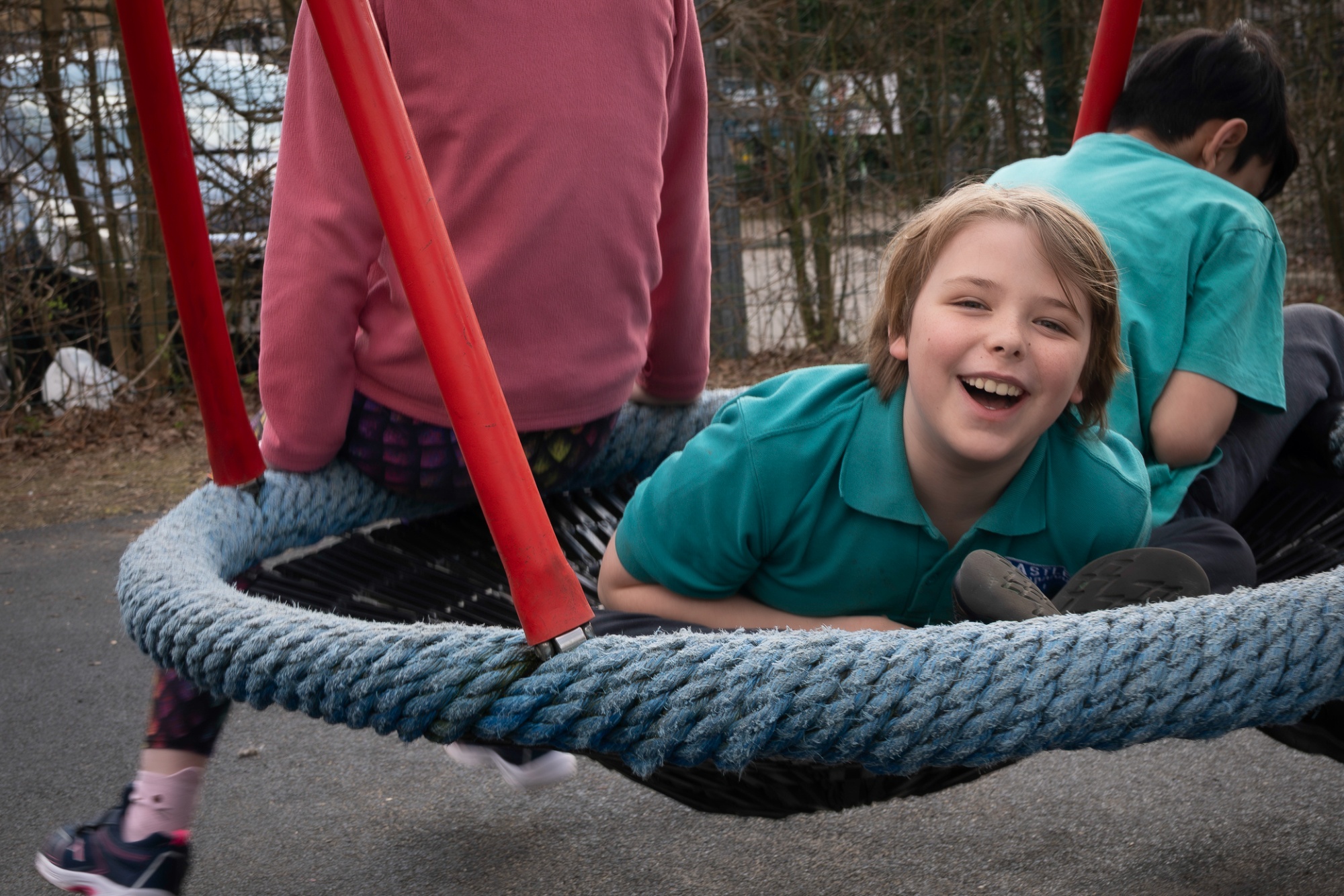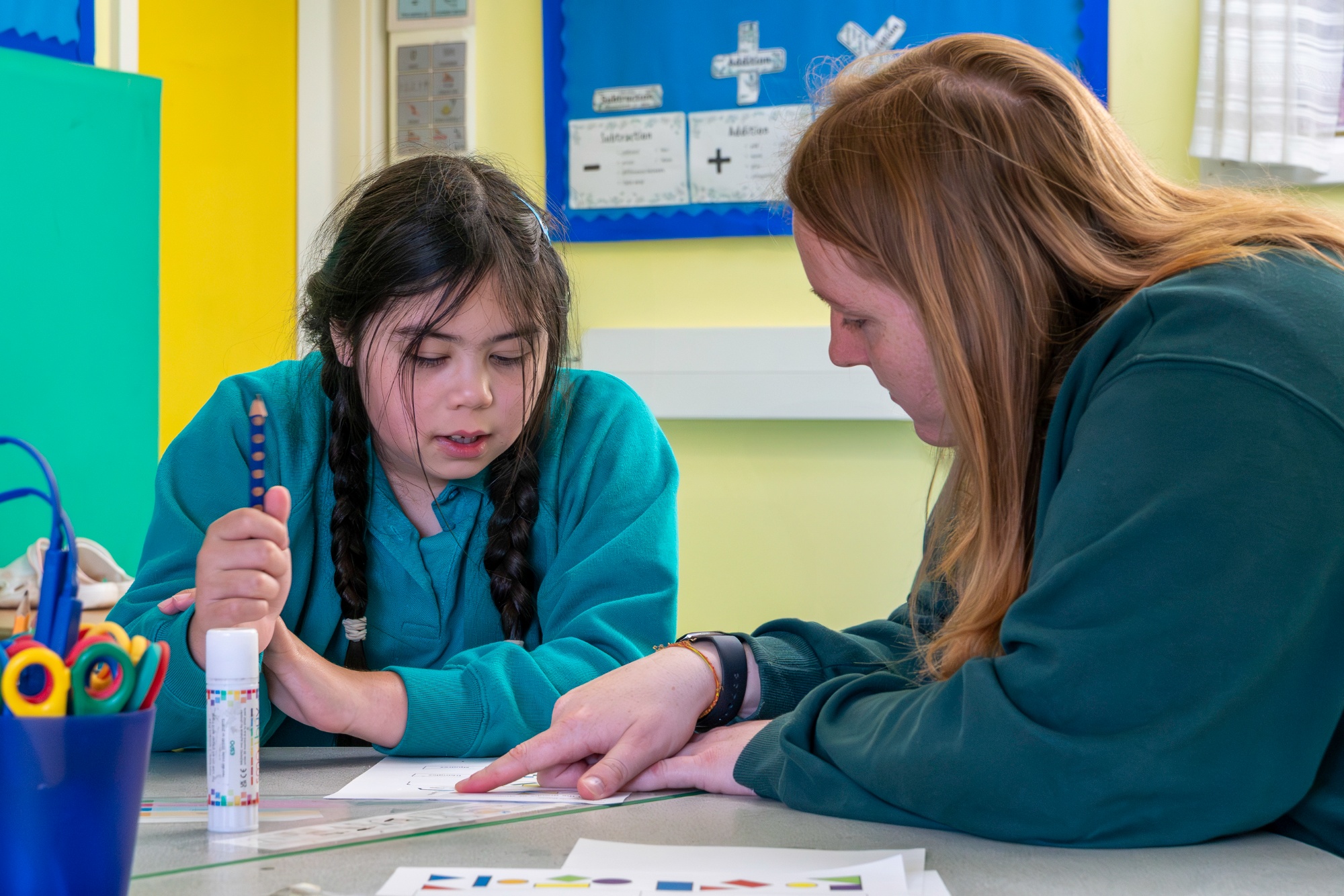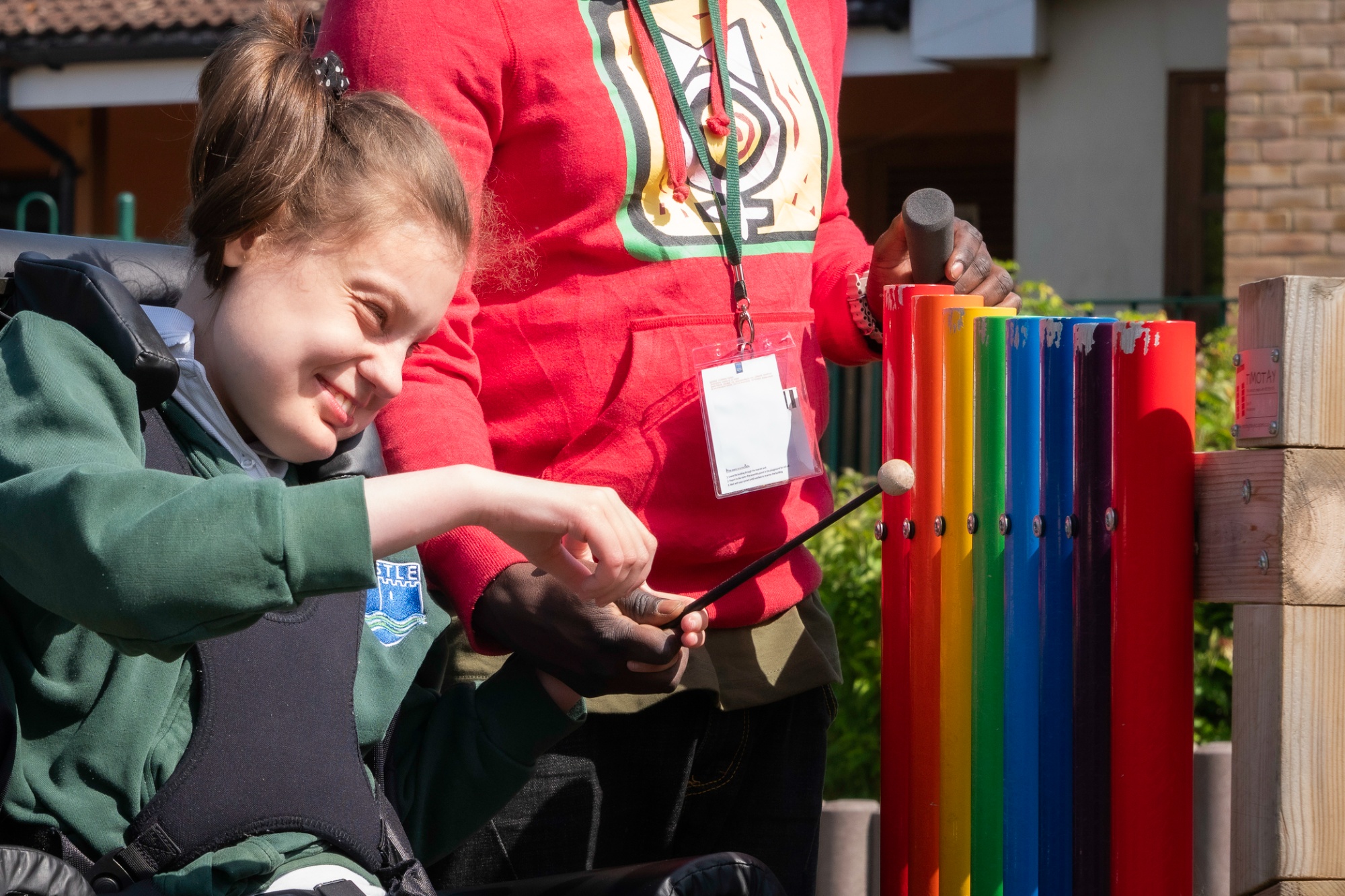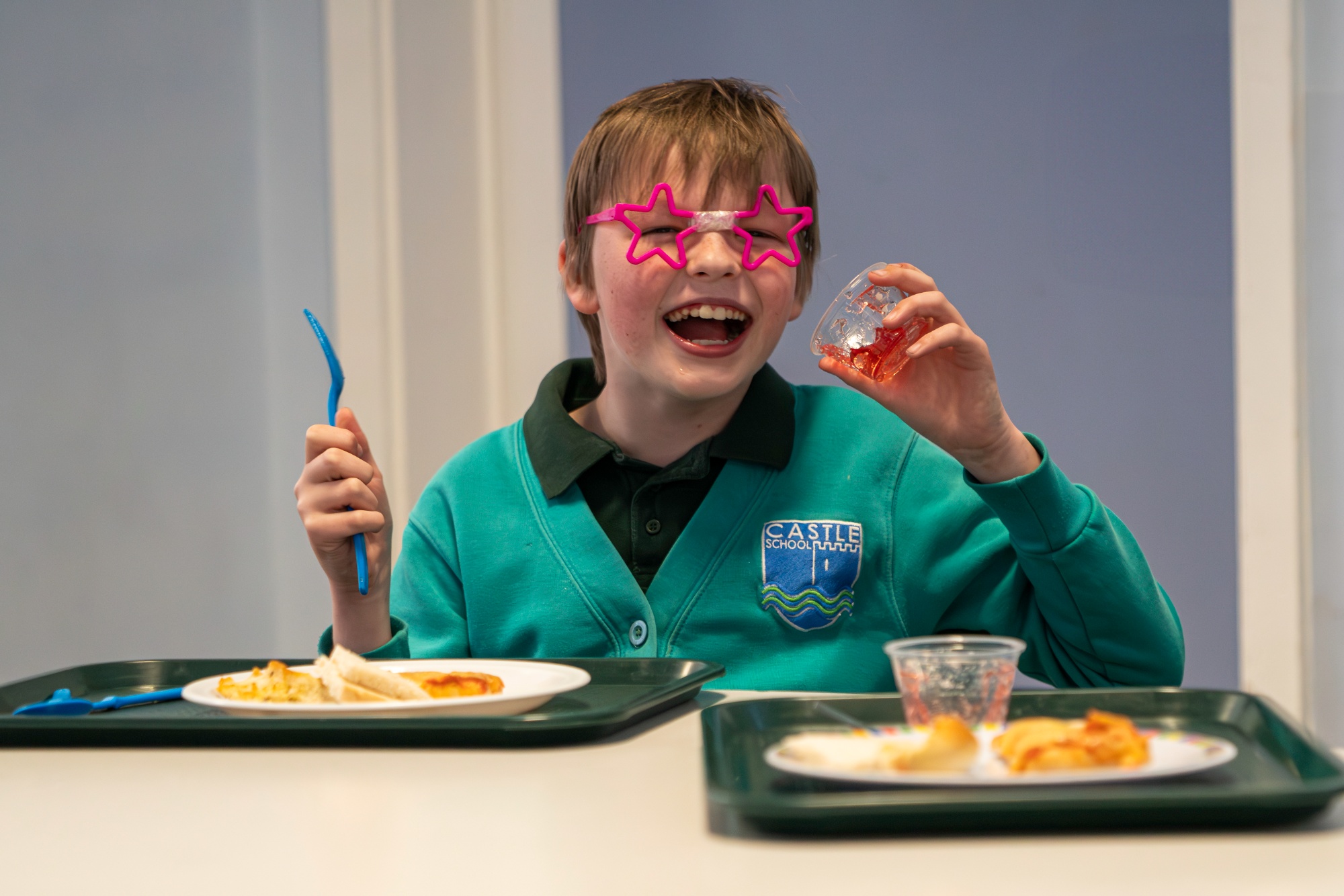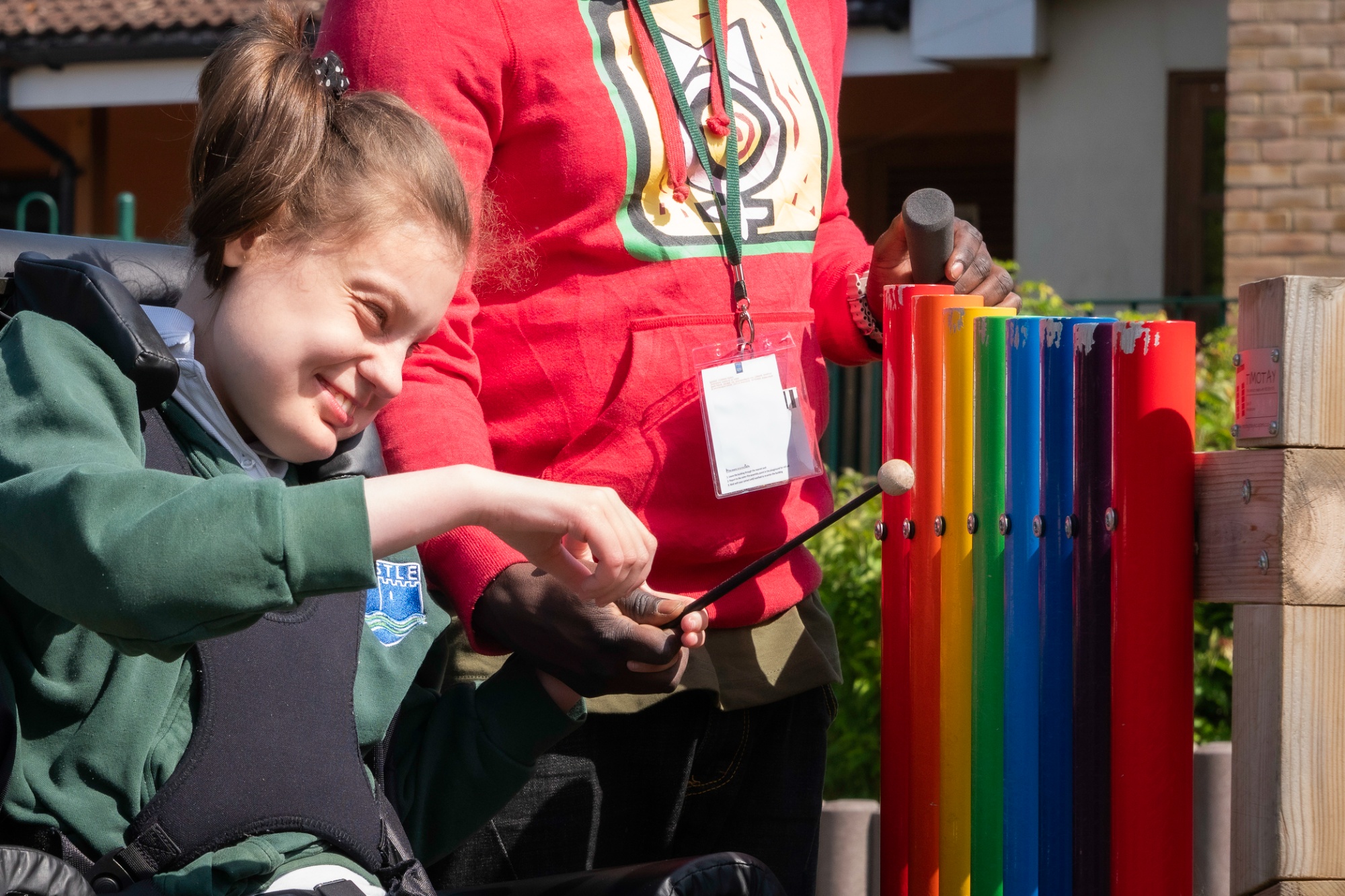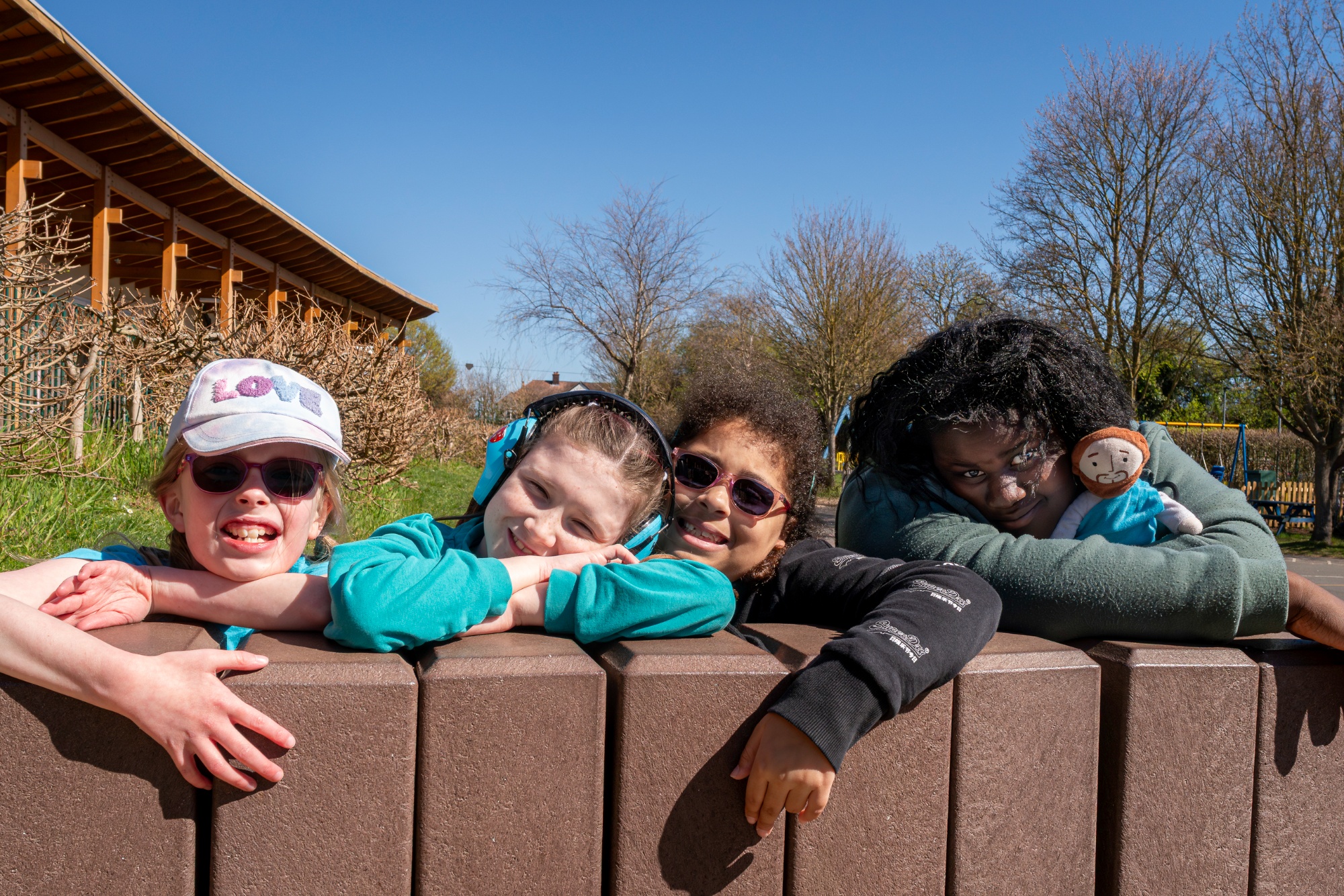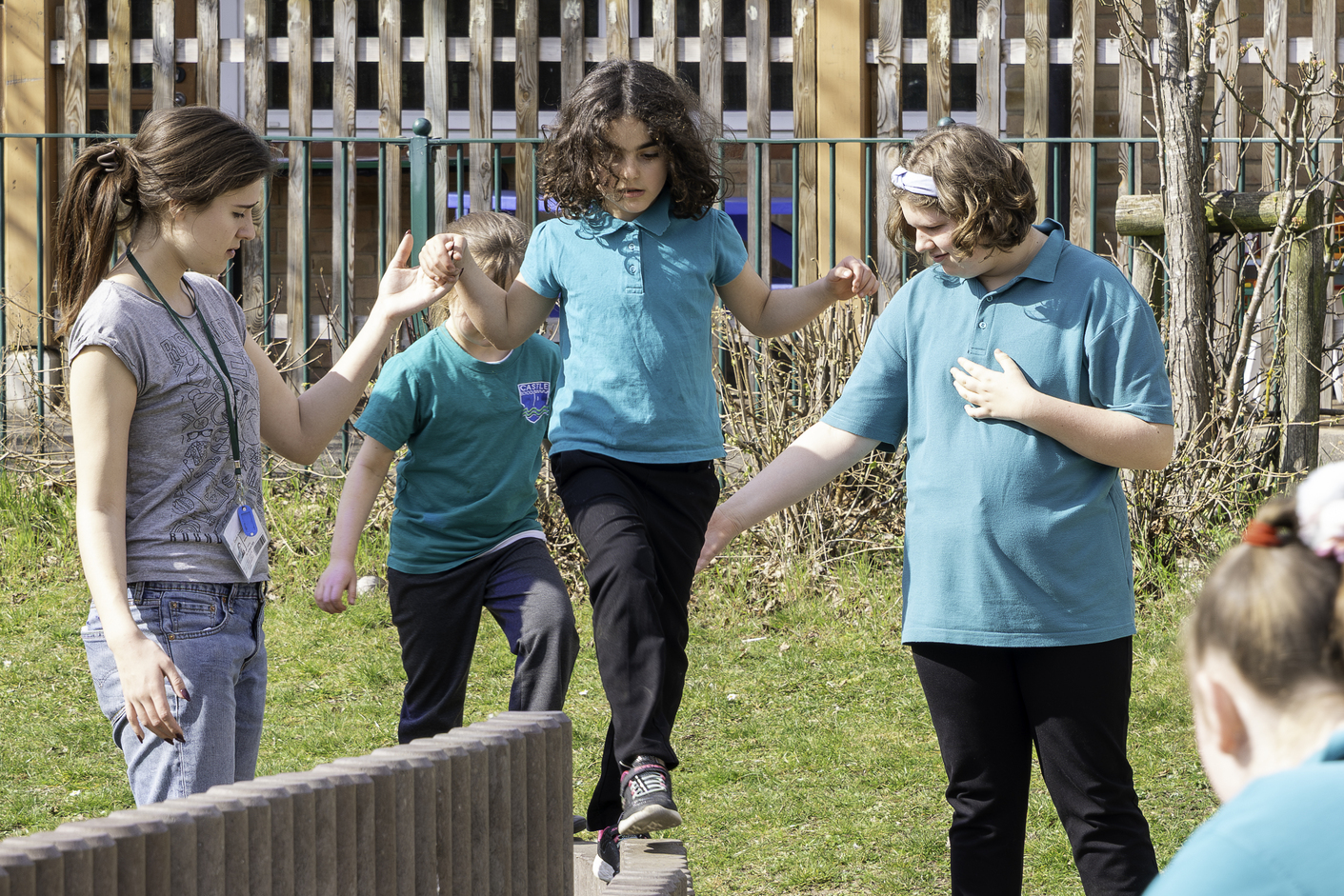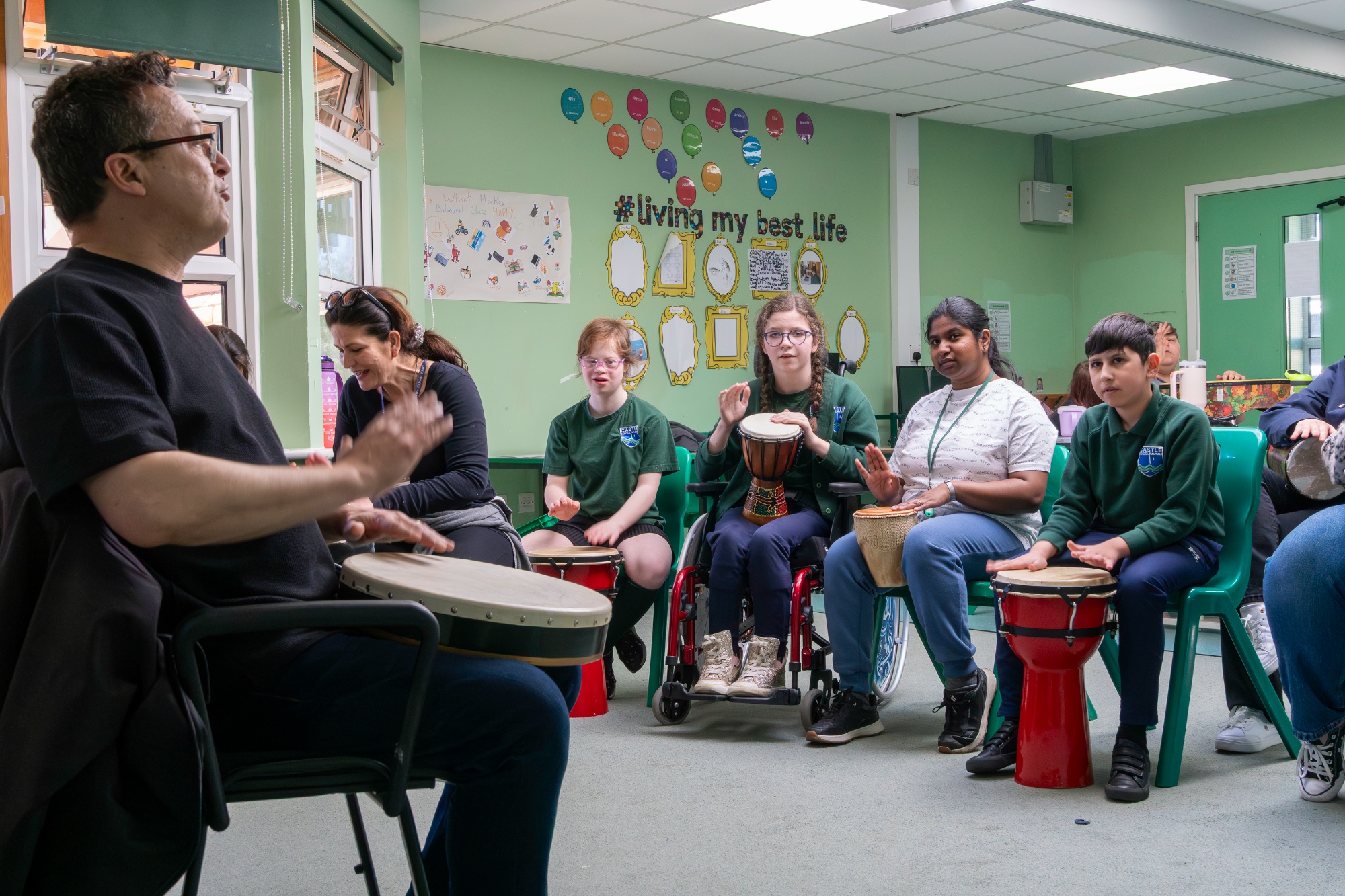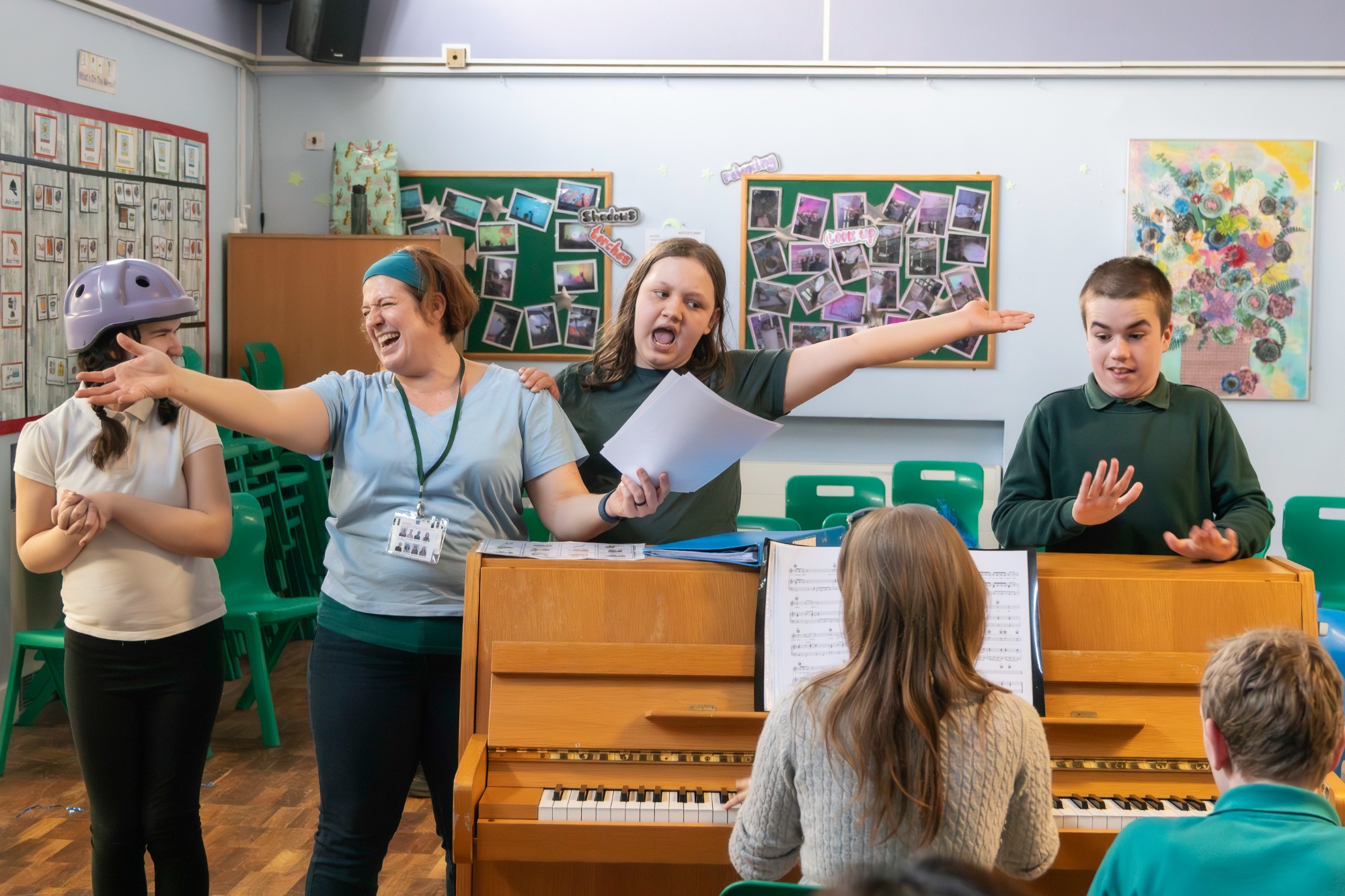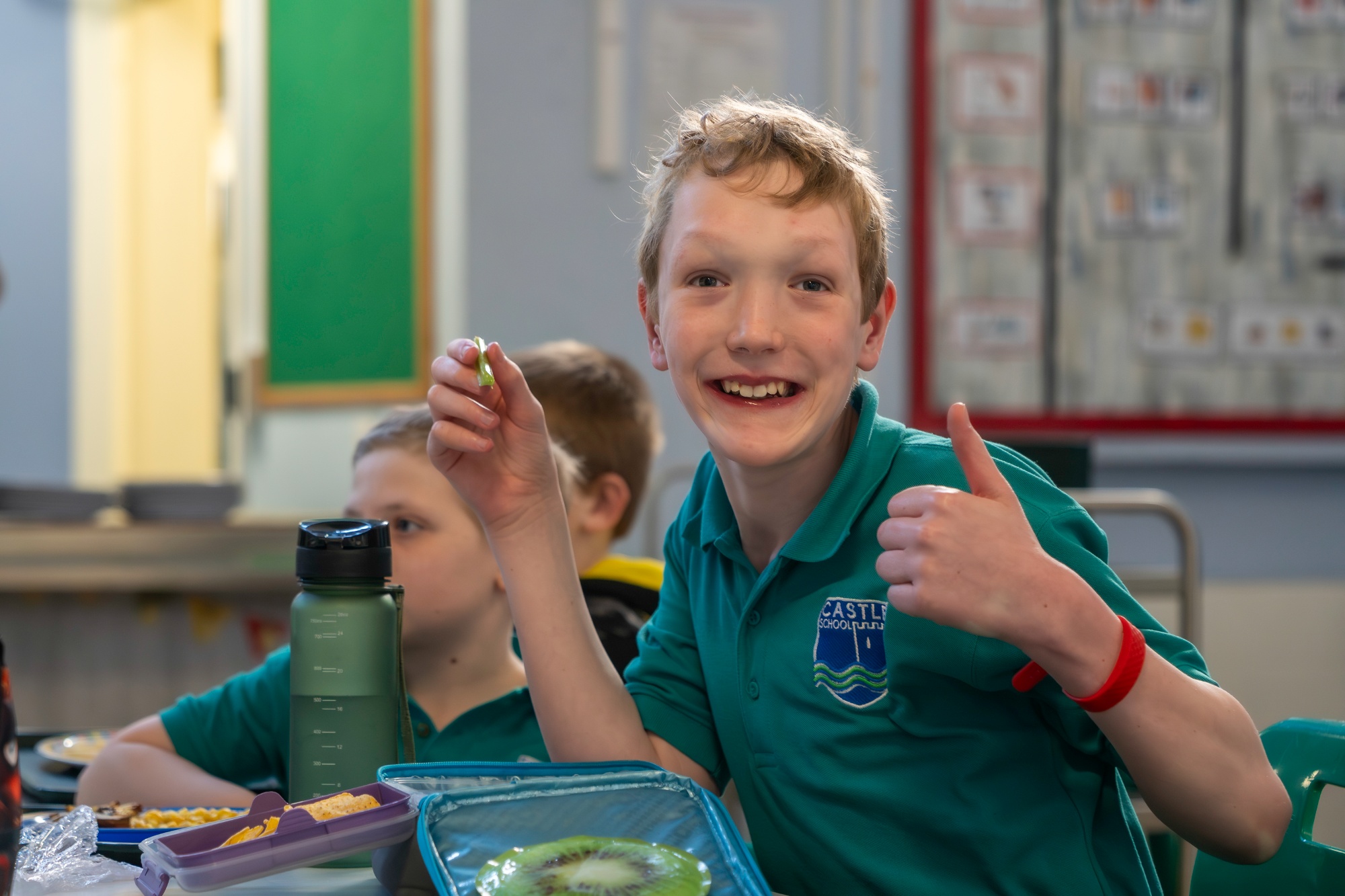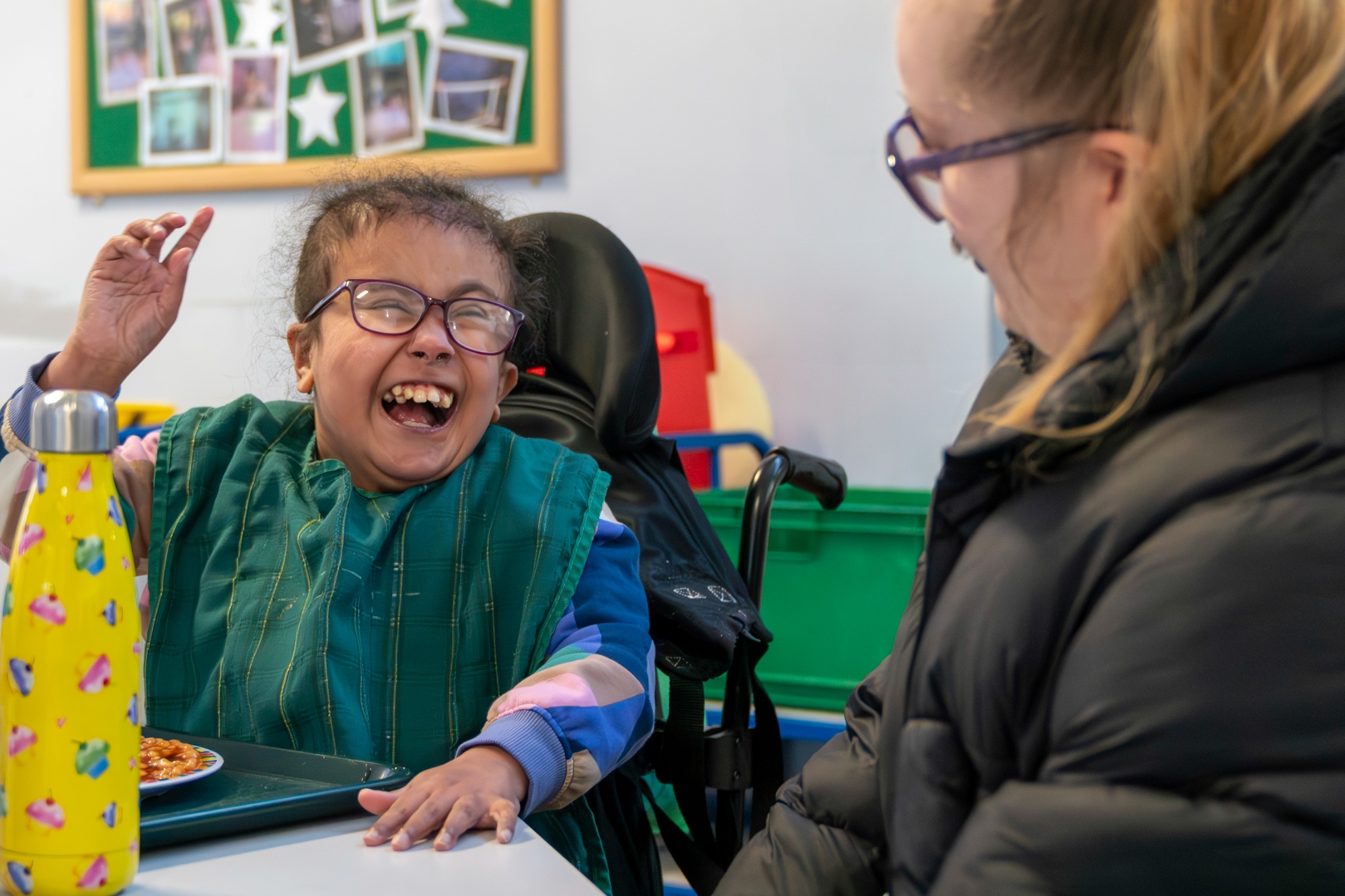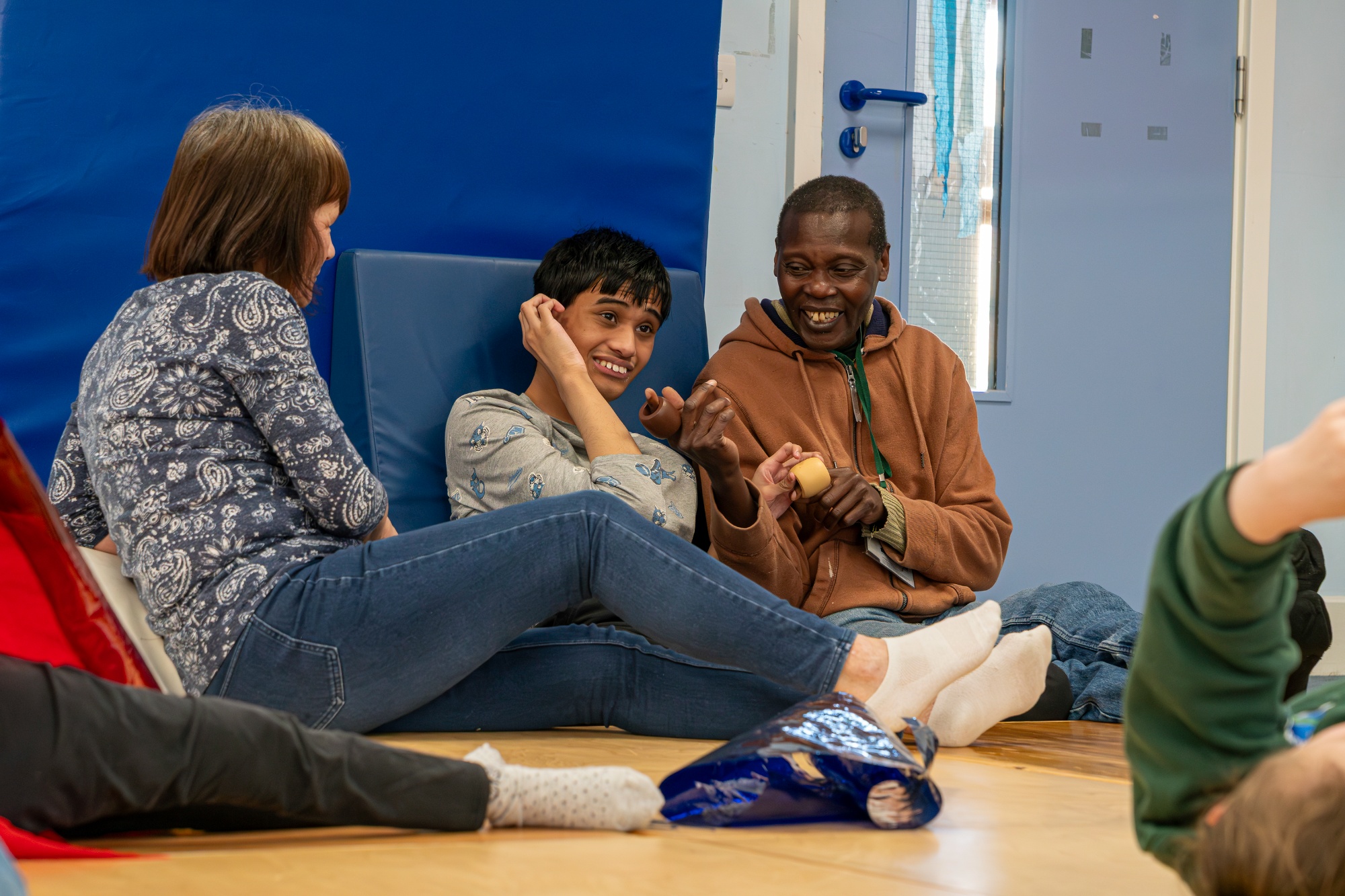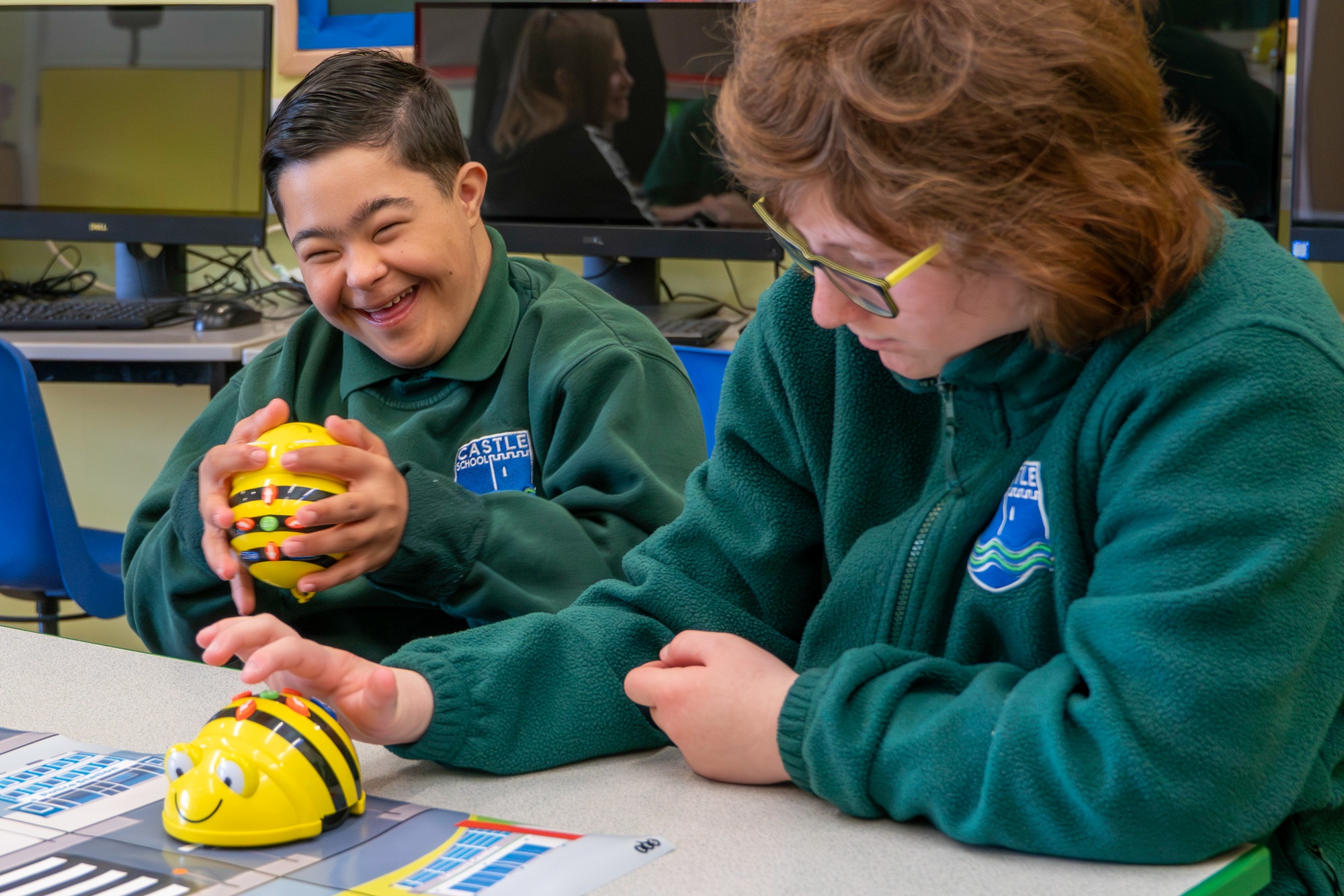Assessing Learner Progress
See here for national information on comparative school performance.
Assessment frameworks
Maths and English - rainbows and gemstones
To support the tracking of progress in Maths and English, we have developed our own Castle assessment levels. We have called these the Rainbow and Gemstone levels.
Routes for Learning
Some of our pre-formal learners follow the Routes for Learning framework.
Flower framework
This assessment framework was developed by our complex needs department to be used alongside Routes for Learning.
Post-16 accreditation
In Key Stage 4 and 6th form, learners follow flexible learning programmes according to their needs and aspirations. These follow 3 main pathways but are flexible to allow for individual needs to be met.
|
Pathway 1 |
Pathway 2 |
Pathway 3: Edexcel Entry Level and Functional Skills |
|---|---|---|
| for learners within Entry 1 | for learners within Entry 1 and 2 | for learners within Entry 1 to 3 and beyond |
|
This is a modular curriculum with flexible units focusing on:
|
This offers a range of units which can be selected to suit the particular needs and interests of the learner, these may focus on the following areas:
|
A range of qualifications in academic and vocational areas which may include:
|

